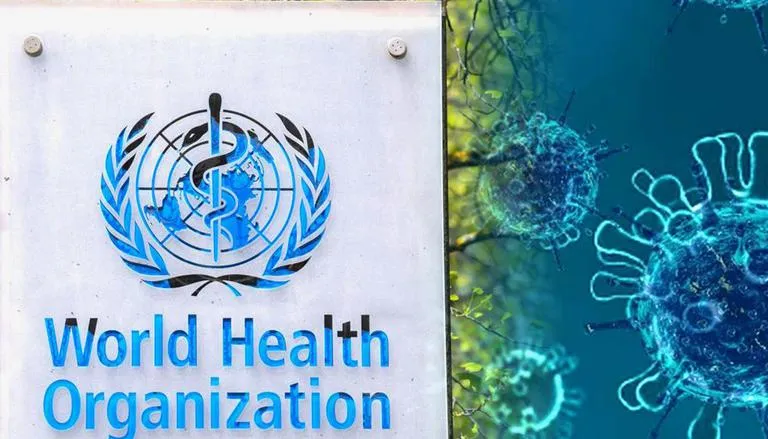By Asmau Ahmad
The World Health Organisation (WHO) has announced that COVID-19 is no longer a global public health emergency.
The Director General of WHO, Tedros Ghebreyesus, while speaking at a media conference on Friday, said the global health body’s international health regulations emergency committee made the decision at its 15th meeting on Thursday.
“Yesterday, the Emergency Committee met for the 15th time and recommended to me that I declare an end to the public health emergency of international concern. I’ve accepted that advice. It’s therefore with great hope that I declare Covid-19 over as a global health emergency,” Ghebreyesus said.
On January 20, 2020, WHO declared COVID a public health emergency of international concern.
COVID-19 is an infectious disease caused by the SARS-CoV-2 virus.
Most people infected with the virus will experience mild to moderate respiratory illness and recover without requiring special treatment. However, some will become seriously ill and require medical attention.
Older people and those with underlying medical conditions like cardiovascular disease, diabetes, chronic respiratory disease, or cancer are more likely to develop serious illness.
Decline in weekly COVID-19 deaths
The WHO says the number of weekly reported deaths from COVID-19 is declining, following the spike in China after it country lifted restrictions.
Dr. Tedros Ghebreyesus, WHO Director-General, at the 15th meeting of the IHR Emergency Committee on the COVID-19 pandemic on Thursday, said it was very pleasing to see that the downward trend had continued.
“For each of the past 10 weeks, the number of weekly reported deaths has been the lowest since March 2020.
“This sustained trend has allowed life to return to “normal” in most countries, and has increased the capacity of health systems to cope with potential resurgences and the burden of post-COVID-19 condition,” Ghebreyesus said.
According to him, at the same time, some critical uncertainties about the evolution of the virus persist, which makes it difficult to predict future transmission dynamics or seasonality.
He said that surveillance and genetic sequencing have declined significantly around the world, making it more difficult to track known variants and detect new ones.
WHO boss said that inequalities in access to life-saving interventions also continue to put millions of people around the world at unnecessary risk, particularly the most vulnerable.
“Also, pandemic fatigue threatens us all. We are all sick and tired of this pandemic and want to put it behind us,” he said.
Ghebreyesus said that the virus was here to stay, and all countries would need to learn to manage it alongside other infectious diseases.
“In May 3, WHO published the fourth COVID-19 Strategic Preparedness and Response Plan, which outlines critical actions across all the core components of the response collaborative surveillance.
“Others are community protection, safe and scalable care, access to countermeasures, and emergency coordination,” he said.




